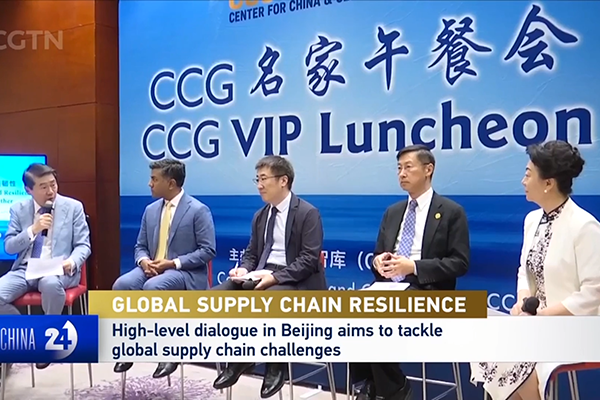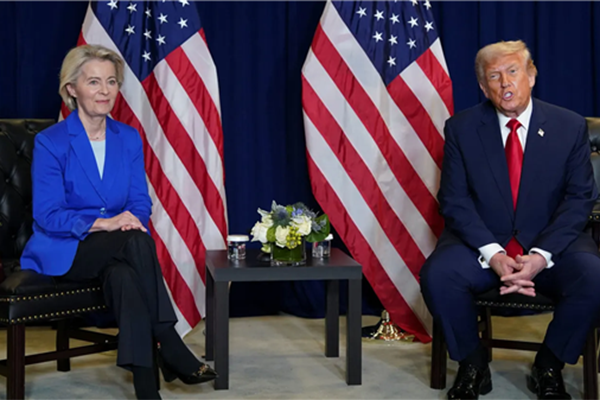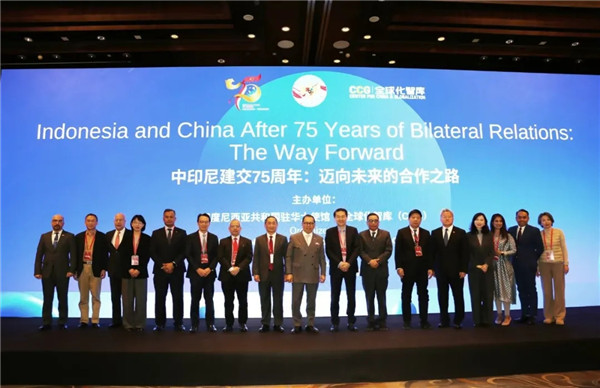【CNN】China sparked an economic miracle
December 25 , 2017(CNN)When Victor Gao was growing up in rural China in 1970s, cars and trucks were so rare he would chase them with the other children through the dirt roads, overjoyed by the strange sight.
Today, China is the world’s largest automobile manufacturer, with more than double the capacity of the United States.
“I never expected that an ordinary Chinese family would own an automobile. I never expected China would be a major automobile manufacturing country,” Gao told CNN.
“It would be completely beyond my wildest dreams that China would produce more automobiles than the US.”
December 18 marks four decades since China kickstarted a process which would transform it from a poverty-ridden country into an economic superpower.
This era of massive change is known broadly as “Reform and Opening.”
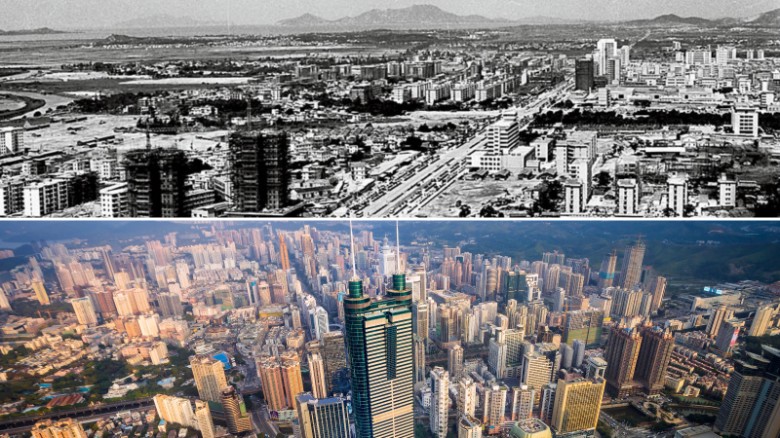
A view of the Chinese city of Shenzhen in 1982 compared with today.
When powerful Chinese politician and future leader Deng Xiaoping addressed the Communist Party leadership in December 1978, in a speech widely considered to be the beginning of the reform era, China’s GDP was just under $150 billion.
Forty years later, it has surged to over $12 trillion, trailing only the United States.
But as the 40th anniversary of this speech approaches, a battle is underway to decide the future of China’s economic miracle.
The country has reached a turning point, pulled in two directions by those — like US President Donald Trump — who want a more open economy and a Chinese leader, Xi Jinping, who wants to return more control over nearly all aspects of society — including the economy — to the Communist Party.
The age of Deng
“Reform and Opening” has been so transformative, and the impact so far-reaching, that it can be easy to forget just how far the country has come in less than half a century.
In 1978, China was in the grip of extreme poverty brought about by decades of disastrous economic and political mismanagement. Hundreds of millions of mostly rural workers suffered from chronic malnutrition. The economy was on the brink of bankruptcy.
Today, China holds about 10% of global wealth. In the last 20 years alone, wealth per adult has quadrupled, leaving fewer than 1% of the population in extreme poverty.
China now has 600 billionaires, a higher number than anywhere else in the world.
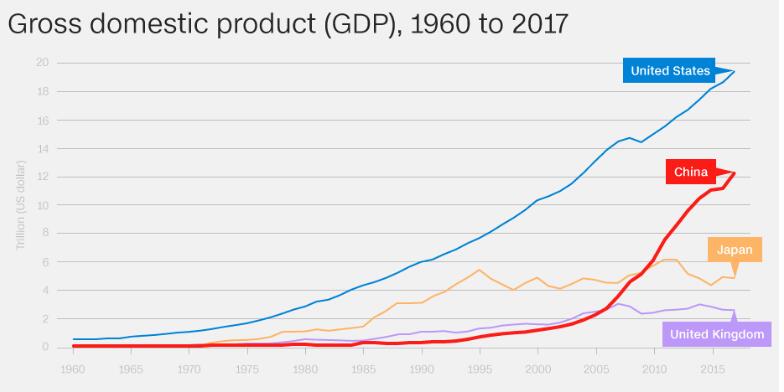
Historically, much of the credit for China’s meteoric rise has gone to Deng, long considered a bold reformer who took power after the chaos of Chairman Mao Zedong.
What Deng helped create was a unique, experimental approach, which maintained most of the existing one-party political system while loosening government controls on the economy and certain personal freedoms.
“It doesn’t matter whether the cat is black or white, so long as it catches mice,” Deng was famously credited with saying.
Little by little, the country began to change. Farmers were able to sell excess produce and made a profit. Entrepreneurs founded their own businesses. “Special economic zones” that permitted free trade were established in designated parts of the country.
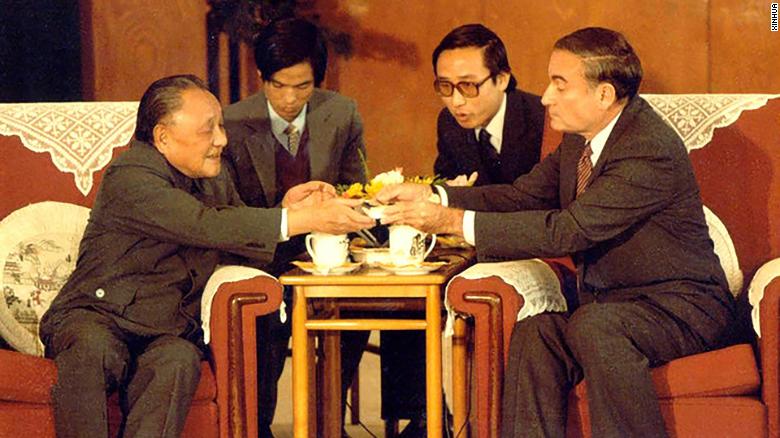
Chinese Paramount Leader Deng Xiaoping meets New York Stock Exchange chairman John Phelan in 1986. Victor Gao is sitting behind Phelan.
In 1990, the Chinese stock market — perhaps the ultimate symbol of free market capitalism — was formally reopened.
Gao, who worked for Deng as a translator from 1983 to 1988, recalled the former leader’s pragmatic approach. “Deng’s basic idea was that you miss a major point if you’re bogged down by the debate between socialism and capitalism. What really matters is what will work, what will bring food to the Chinese people,” Gao, who is now vice president at the Beijing-based Center for China and Globalization, told CNN.
Gao recalled a meeting between Deng and the chairman of the New York Stock Exchange John Phelan in 1986, where the Chinese leader asked for US help to set up a stock exchange, an idea which had been taboo just years earlier.
“I recall very vividly in the meeting Deng was very humble, he told Phelan that ’You Americans know how to make money and you are very wealthy people. We here in China are very poor people’,” he said.
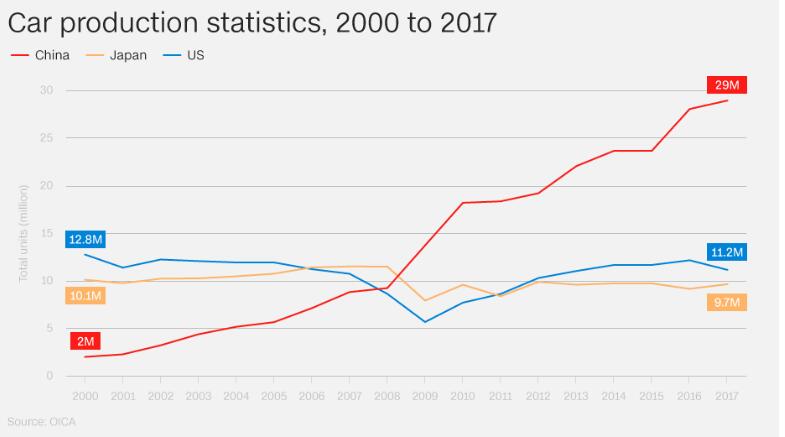
Fight over reform
China is no longer a poor country. It has changed unrecognizably in a matter of decades and, in 2018, there is much to celebrate.
In Beijing, a sleek new exhibition was opened earlier this year in celebration of those changes. It attracts thousands of visitors daily. Some rooms display China’s rapid technological advances, including its space program, while others display quotes from past and present Communist Party leaders.
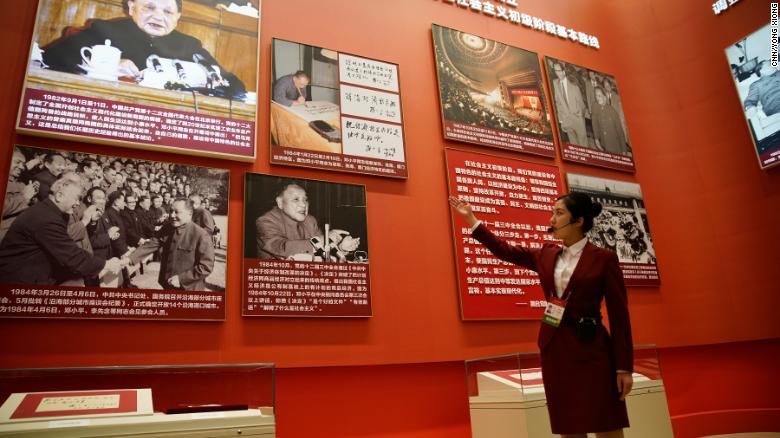
Photos of China’s Paramount Leader Deng Xiaoping during the initial period of Reform and Opening Up in the 1980s and 1990s.
But some visitors have noticed something odd about the Communist Party propaganda on display — Xi is being made more prominent than Deng, long hailed by state media as the “chief architect” of China’s “Reform and Opening.”
“There are museums across China, for instance, that have removed Deng’s portraits and replaced them with Xi’s father (a former high-ranking Communist party official), and then Deng has a picture in the distance, a historical figure along with other Chinese historical figures,” Frank Ching, a Hong Kong University of Science and Technology academic, told CNN.
Praise for Xi is not unusual in modern China, where the President has constructed a personality cult through an increasingly worshipful state media.
These accusations of historical revisionism come amid attempts by Xi to wind back some of Deng’s liberal economic reforms, by solidifying greater Communist Party sway over the country’s private sector.
Companies have been under growing pressure to increase the role of the party inside their organizations — part of Xi’s overall efforts to entrench Communist Party control across the country.
“Xi is very much moving away from Deng’s idea of opening up,” Ching told CNN.
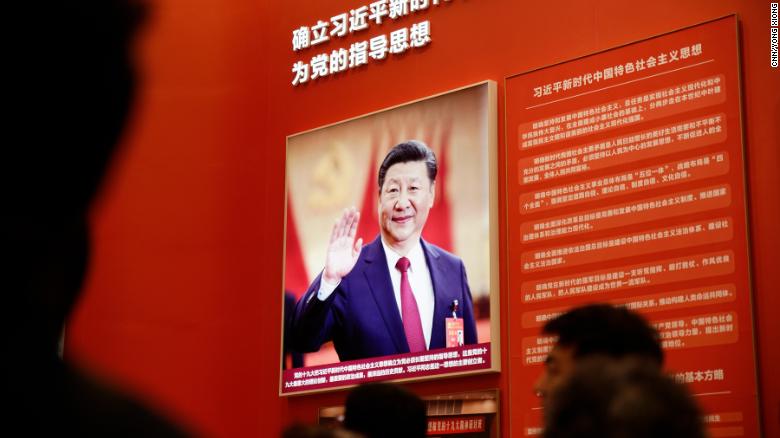
A photo of Chinese President Xi Jinping prominently displayed in the Reform and Opening exhibit in Beijing.
The economic measures and the political messaging are seen by many as part of an push to inaugurate a new “Xi Jinping” era, marked by diplomatic assertiveness and strict Communist Party control, which would firmly draw a line under the years of “Reform and Opening.”
Willy Lam, a professor at the Chinese University of Hong Kong and longtime China analyst, told CNN the ambitious Chinese President wants no doubt as to his place in the country’s history.
“I have read all the speeches Xi made in his four days in Guangdong (to mark the anniversary). I was very stunned by the fact he didn’t even mention the words, ’Deng Xiaoping’,” Lam told CNN.
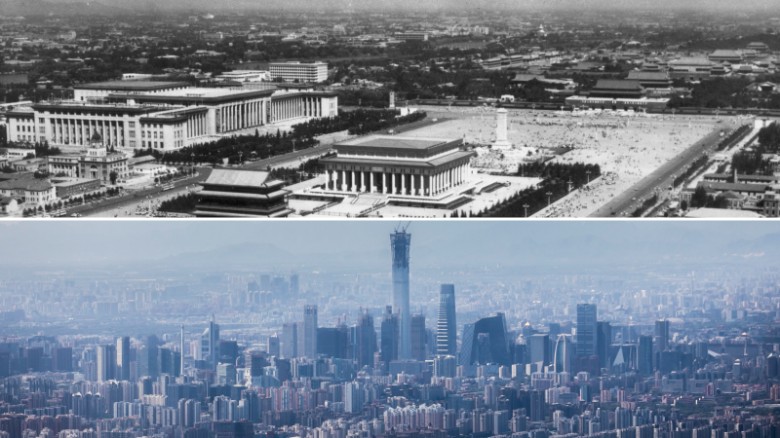
Tiananmen Square in Beijing in 1977 with the giant mausoleum of Chairman Mao in its centre, compared with the modern day skyline.
Xi’s biggest crisis
Yet on what should be a moment of celebration for an ascendent Xi and China, US President Donald Trump has sparked an unexpected and damaging trade war, forcing the country to dramatically reconsider its economic plans.
The US leader has placed tariffs on hundreds of billions of dollars worth of Chinese goods. In direct contradiction to Xi’s plans for greater party control, the US administration is demanding greater foreign access to the country and less Chinese government support for key industries.
“Xi is facing the biggest crisis in his entire career and at this stage he doesn’t have as many cards as the Americans,” Lam said.
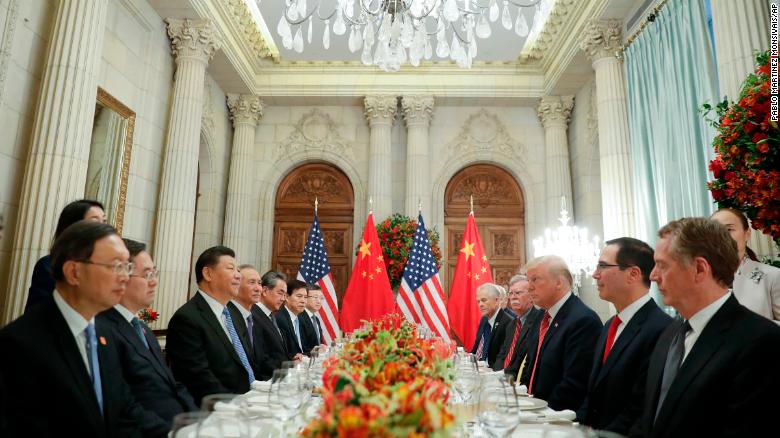
Trump and Xi during their bilateral meeting at the G20 Summit on December 1 in Buenos Aires, Argentina.
The Trump trade war has not just overshadowed the “Reform and Opening” anniversary celebrations and halted Xi’s economic plans, but also highlighted a political vulnerability for the Chinese leader.
For years Western governments welcomed China’s embrace of capitalism, believing that it would eventually result in an end to one-party rule, as it had in other formerly closed economies.
The Chinese Communist Party has defied predictions and maintained its hold on power.
But one major political change Deng instituted was the introduction of more collective decision making, the end of Mao’s one-man rule.
In many ways Xi has abandoned Deng’s model in favor of a more Maoist authoritarianism, removing presidential term limits earlier in 2018 which would theoretically allow him to rule indefinitely.
By taking greater power, experts say Xi has left himself open to criticism over his handling of the trade war.
Some liberal academics in China have been using Trump’s trade moves to push for greater economic opening behind the scenes.
“He has already lost a lot of face and authority within the party because … he has demonstrated failure, he has failed to handle the challenge of Donald Trump,” Lam said.
The effects of Deng’s reforms are unlikely to fade any time soon. China has been changed forever and no matter the outcome of the US trade war, average Chinese can now expect to live longer, more affluent lives.
But Ching, the Hong Kong analyst, said that politically, the tide is turning against Deng. The slow erasure of his significance is likely to continue under Xi — to the point of irrelevance.
“I doubt that there will be much celebrating at the 50th anniversary, ten years from now, or beyond that,” he said. (By Ben Westcott and Lily Lee, CNN)
